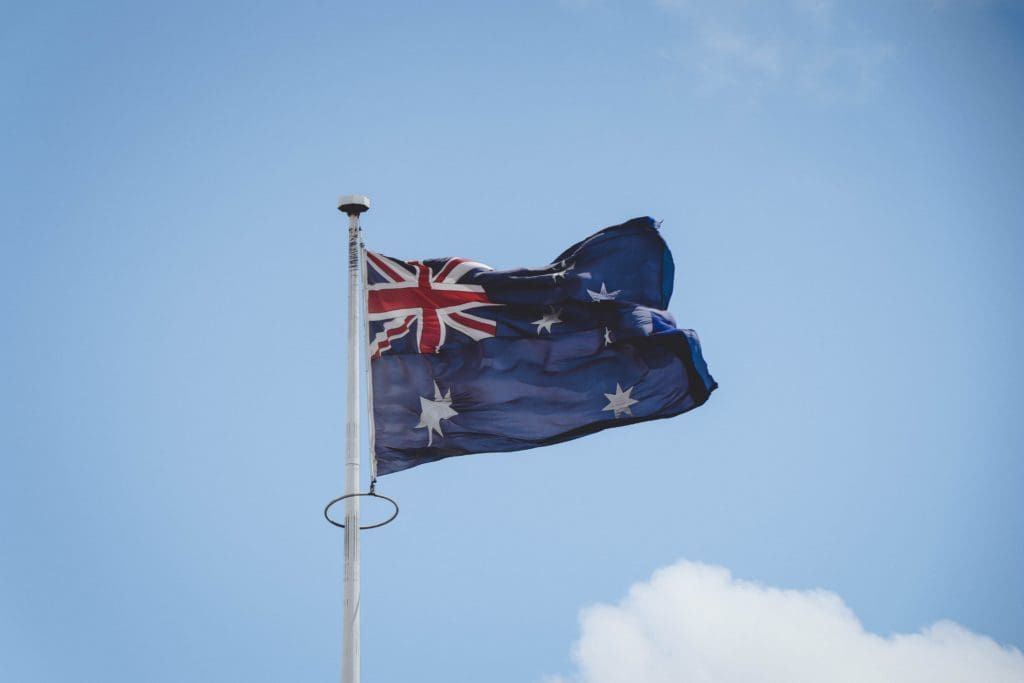Online casino gambling emerged in the late 1990s and became instantly popular. Over the years, we have seen many significant changes aimed at improving the online casino player experience. Technological advances in the casino and gambling industries are largely causing positive changes in the world. According to published news, more than 3 million Australians go online at websites like aussielowdepositcasino.com every day to play pokies in different casinos. Many people play at online casinos on their mobile devices without physically visiting a casino. Today, online casinos have become very popular for many reasons, such as fun, excitement, bonuses, and no distractions.
So why do players love online casinos and the process of playing so much? There are several main factors:
- User-friendliness of the game;
- comfortable payment methods (option to use PayID);
- ability to concentrate on the game without distractions;
- a large variety of bonuses.
Even though gambling appeared a long time ago, it has become widespread only in the last couple of decades. Now it is not just a way to overcome boredom and feel the adrenaline in the blood but also an option for earning, the popularity of which increases every year. In this regard, there is a need for proper control of the sphere of gambling, and regulatory organizations are engaged in it almost all over the world. To control the activities of gambling houses and companies providing gambling services, the relevant organizations were created and are actively operating, which, along with financial regulators, protect the rights of players and stop the illegal activities of companies.
Gambling Laws
In comparison to Australia, the UK has seen a significantly larger impact from online gaming enterprises. The United Kingdom and other nations, particularly in Europe, have produced the majority of the advancements in the global, online gaming revolution. Ireland plays a prominent role in the global online economy despite its small size.
Australia
Federal law applies to all Australian states; however, each one has its gambling laws. The Interactive Gambling Act, of 2001, a federal law, governs gambling in Australia. It is in charge of granting permits for online gaming and other activities in Australia. Gaming must have a license to be considered legal, and lottery services are not permitted. Aside from that, each state has different gaming legislation.
The Casino Control Act of 1991 and the Gambling Regulation Act of 2003 are two other pieces of pertinent Victoria law. New South Wales has extra laws in addition to the Betting and Racing Act of 1998 and the Casino Control Act of 1992. Each state must develop its gambling regulations because the federal government has no participation in this industry.
The UK
The control of gambling by the UK government has been quite consistent. The main piece of legislation governing gaming is the Gaming Act of 2005. There are strict and detailed rules that apply to the different games that can be played. The goal of the law is to stop games like this from becoming illegal activities.
The Act also established a commission to supervise gambling operations and license requirements. The gambling laws in the UK are broken down into a few categories, with each category focused on a particular game.

Differences between Australian and UK gambling industries
Australia
Australia is one of, if not the most competitive, countries in the world when it comes to casino gambling. Nevertheless, with 80% of the population routinely partaking in gaming of some kind, Australia has the most renowned gamblers in the world. Think about what might occur if Australians were forced to gamble at foreign casinos if the government ever decided to relax regulations. Each year, Australian internet casinos make $2.5 billion.
Australians are becoming addicted to gambling in increasing numbers. Australians are the world’s gambling leaders, with more than 80% of the population participating, according to the latest data. According to these numbers, Australians have lost $29 billion in gambling losses over the last three years. In addition, this figure represents the largest gambling loss per person ever recorded. In Australia, there are more than 8,000 gaming establishments, including casinos, hotels, and nightclubs. Additionally, it is frequently legal for customers to wager on the results of sporting events and other events, which makes it easier for them to put their money at risk—often with devastating results.
The UK
When it comes to gaming, the United Kingdom has a lengthy and interesting history. Many casinos have been granted licenses that accept British players due to the game’s favorable gaming regulations.
Given these lax laws, it is not surprising that the UK’s gambling industry generates more than £20 billion annually. Although many prefer Internet gambling, the majority of gamblers play at physical casinos. Although there are newer gambling strategies available, the traditional ones typically yield more profits. This includes betting at casinos or racetracks, purchasing scratch-off lottery tickets, and playing cards at poker tables. According to the UK Gaming Commission’s 2021 report, bingo, betting, and casinos together account for 46% of all enterprises, a huge increase from the prior years.
Since 2014, the gambling business in the UK has been able to grow quickly because of changes in remote gaming legislation. With the development of the Internet, people can now bet online without restriction. The emergence of online gaming websites is to blame for the growth of the nation’s gambling sector. As a result, gaming businesses have employed as many as 100,000 people. On the other hand, every narrative has two sides. Businesses have the ability to provide income as well as work possibilities for a large number of individuals. Gambling does add value to the world, but always at the expense of someone else. As a result, there are two million problematic gamblers in the UK.

